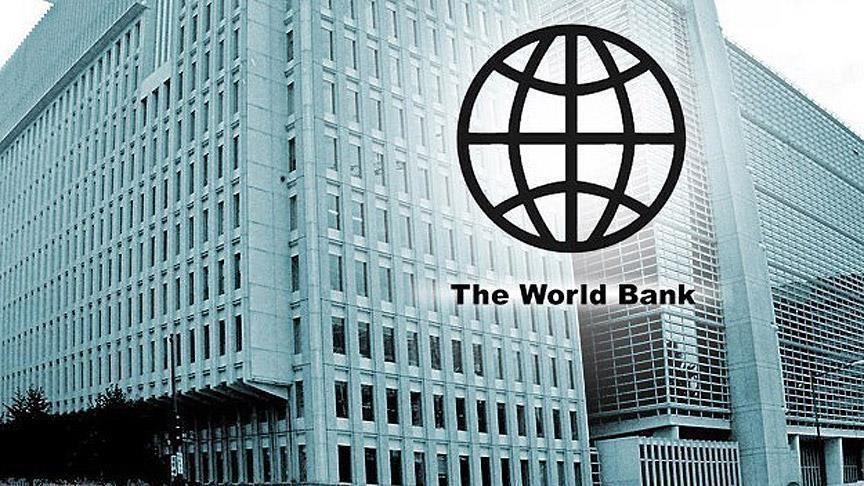WB approves $500m for improving Bangladesh road connectivity
- Nayadiganta English Desk
- 24 June 2020, 06:39

The World Bank on Tuesday approved $500 million to help Bangladesh improve road connectivity along the Jashore-Jhenaidah corridor covering four western districts.
The Western Economic Corridor and Regional Enhancement (WeCARE) Phase-I project is the first of a multi-phased $1.4 billion World Bank programme to upgrade the existing 110km two-lane highway – Bhomra-Satkhira-Navaron and Jahore-Jhenaidah – to a safer and climate-resilient four-lane highway, reports United News of Bangladesh.
The credit from the World Bank’s International Development Association (IDA), which provides concessional financing, has a 34-year term, including a four-year grace period.
It will support the government’s plan of developing a 260km economic corridor in the western part and benefit over 20 million people, according to a WB press release.
The first phase of the programme will upgrade 48km of the N7 highway between Jashore and Jhenaidah and improve about 600km connecting rural roads and 32 rural markets/growth centres to stimulate the local economy.
For improved road safety, the highway will have additional lanes for slow-moving vehicles and a median safety barrier to separate oncoming traffic.
“The western region of Bangladesh is endowed with many agricultural and natural produce and holds great potential of becoming a gateway for regional and international trade,” World Bank Country Director for Bangladesh and Bhutan Mercy Tembon said.
Tembon said that this project will unlock the region’s potential by stimulating the economy of districts, linking farms to markets, connecting Dhaka with the western region as well as with neighbouring countries, thus enhancing trade, transit and logistics along the corridor.
To help the country realise the ‘Digital Bangladesh’ vision, the project will install fibre optic cables along the highway to provide reliable and affordable internet access, which will be critical for emergency responses and business continuities in crises similar to the COVID-19 pandemic.
“The COVID-19 pandemic has hit the poorest hard with the loss of jobs and income. To help them recover from the shock, the project will support immediate social protection and livelihoods to the vulnerable rural people by engaging them in labour-intensive civil works. Even in the post COVID period, the project will create jobs for the local communities through civil works for the national highway and connecting rural roads and markets,” World Bank Senior Transport Specialist and Project Task Team Leader Rajesh Rohatgi said.
He mentioned that it will also support the country’s two key transport agencies —Roads and Highway Division and Local Government Engineering Department — to enhance emergency preparedness for any future pandemic or crisis.
The project will also enhance agriculture supply chain efficiency in the western region by ensuring that produce are transported to markets in less time and lower cost.
For example, in Khulna Division, where about 57 percent of the population’s income is generated from agricultural production, the project will improve storage facilities along the corridor that will help farmers reduce waste, increase sales and earn more.
More News
-
- ৫ঃ ৪০
- খেলা

